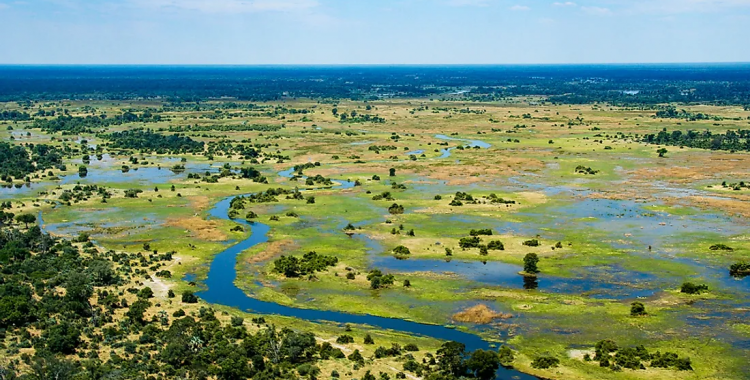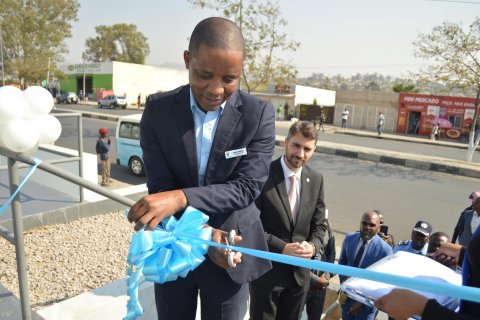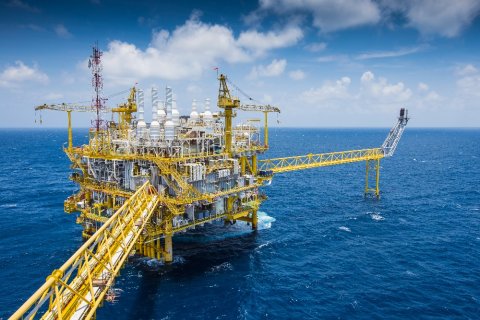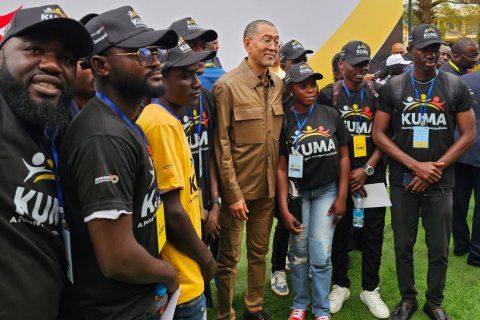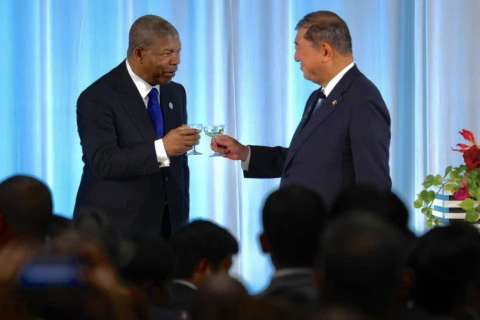According to the AP, people and wildlife that live in the region depend on the water in the Okavango delta. The land rich in water and wildlife is fed by rivers in the highlands of Angola, where the river is named after the Cubango, which flow northwards into Botswana before draining into the sands of the Kalahari Desert in Namibia.
Fisherman Kgetho, from Botswana's Wayei community, told the AP that things have changed in recent years, in the Okavango Delta and across the country.
"The size of the fish has shrunk and the quantity is decreasing," said Kgetho, whose life and livelihood depend on the health of the ecosystem. "The rivers that flow into the delta have less water," added the fisherman.
Defenders of the delta now hope to block at least one of those threats – oil exploration.
A planned hearing by Namibia's Environment Ministry will consider revoking the drilling license of Canadian oil and gas company Reconnaissance Energy, which operates in Namibia and Botswana.
Local communities and environmental groups claimed that the land was scorched with 'bulldozers', disemboweled, polluting water sources, without permission from local communities.
Kgetho fears that rivers in his region are drying up due to "overuse of extractive industries, including upstream oil exploration activities".
In a written statement, ReconAfrica, the African arm of the oil company, said it protects water resources through "regular monitoring and reporting on hydrological data to the appropriate local, regional and national water authorities" and is "enforcing stringent safety standards and environmental protection".
The statement noted that it has conducted over 700 community consultations in Namibia and will continue to engage with communities in Botswana.
The company has been drilling in the region since 2021, but has yet to find a productive well. The hearing was originally scheduled for this Monday but has been postponed.
The drilling license is currently set to last until 2025, with ReconAfrica having previously received a three-year extension.
Residents persisted with legal avenues, but had little luck. In a separate case, Namibia's high court postponed a decision on whether local communities should pay to sue the company's actions.
The court earlier rejected the urgent appeal made by the local population to stop the Canadian company's drilling activities.
It is now deciding whether the government's legal arguments should trump community grievances. A new date for the decision is set for May.
Namibia's Energy Minister Tom Alweendo argued for the country's right to explore for oil, saying that European countries and the United States do too.
Alweendo supports the African Union (AU) objective to use renewable and non-renewable energy to meet growing demand.
There are fears of deterioration in Botswana and across the region. Much of the country's diverse ecosystem is under threat from various development plans.
Chobe National Park in Botswana, for example, has seen a decline in river quality in part due to its growing tourism industry, according to a study.
In Congo's Cuvette-Centrale Basin, a dense and ecologically thriving forest that is home to the largest population of lowland gorillas, sections of the peat bogs - the largest on the continent - were auctioned off for oil and gas last year.
The Congolese government said the auction process "is in line" with the government's development plans and programs and will follow strict international standards.
Environmentalists are not convinced by the government's arguments.
Wes Sechrest, chief scientist at environmental organization Rewild, said protecting areas "that have robust, healthy wildlife populations" like the Okavango Delta, "are a big part of the solution to the interconnected climate and biodiversity crises we are facing. face".

